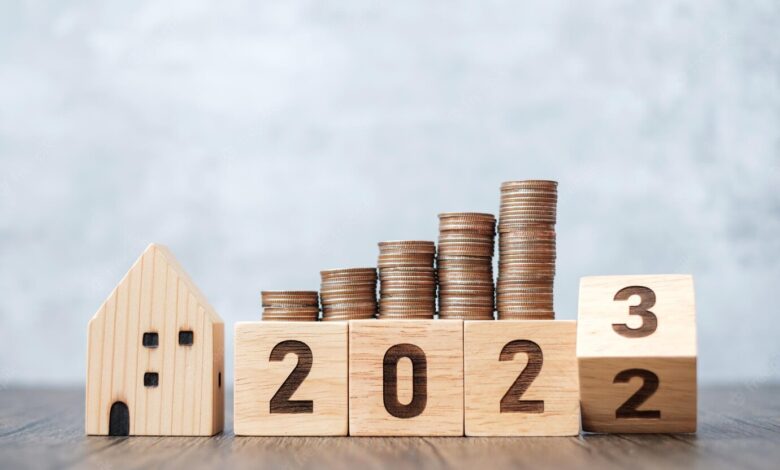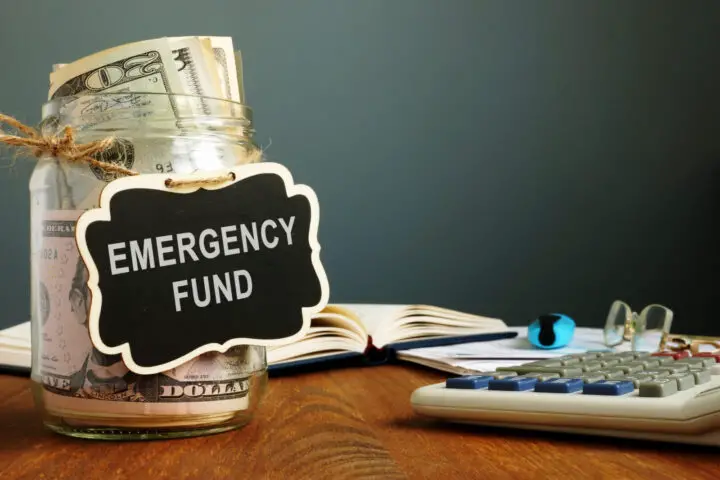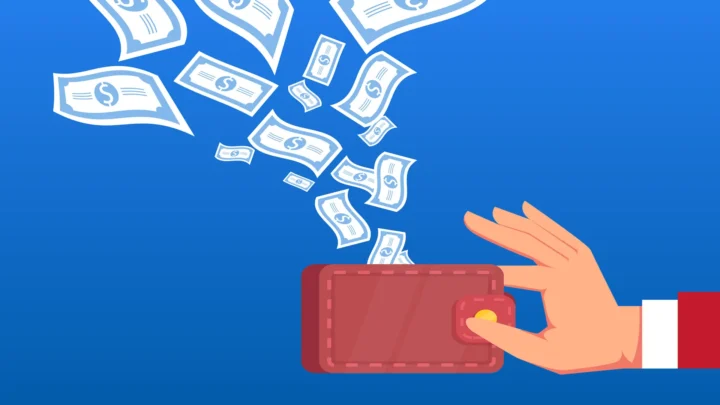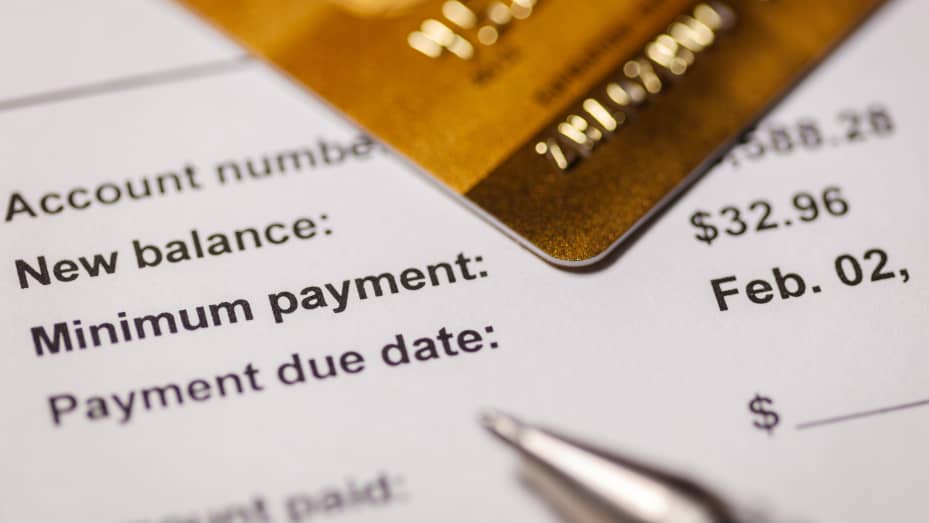5 Bad Financial Habits to Kick in the New Year

A brand-new year represents the chance to wipe your slate clean and start fresh. Regrettably, making certain financial mistakes can dash your dreams, no matter how much you hope for change.
If you want to set on the path towards financial success, don’t let these five bad habits follow you into 2024.
1. Living without Emergency Savings

Everyone knows how important an emergency fund is. These savings provide a safety net for when things go unexpectedly wrong, and you’re footing a bill you never counted on paying. You can tap into your fund to cover your surprise expense without worrying about making ends meet.
Still, some people find it hard to put away money for a rainy day, making it a common financial bad habit.
Building this fund requires a lot of willpower; you might have to sacrifice many fun things today so that you can have the cash you need for tomorrow’s emergency.
It may feel pointless to sock away some money for something so unpredictable as an emergency. You have no way of knowing when it will arrive or even if it will ever come due.
But if the past two years have taught you anything, you can’t gamble on never encountering the unexpected. Life can throw some nasty curveballs. Besides a global pandemic and runaway inflation, you might deal with an unexpected expense. Maybe you need to see a dentist after you crack a molar, or you might have to take your car in for repairs before its usual tune-up.
Unexpected dental expenses and auto repairs are easier to handle when you have an emergency fund available.
Experts recommend aiming to save three to six months of living expenses eventually. But for now, focus on how you can reach your first $1,000 in the new year. As this fund grows, you can use these savings to cover the unexpected without dipping into the paycheck you need to pay the bills.
What happens if you need to see a dentist before you can change your saving habits? If you face an unexpected expense in the new year, you don’t have to choose between your bills or dental health. You can borrow money with an online emergency loan.
Check out MoneyKey to find out what you need to qualify for an emergency loan online. As long as you meet all the qualifications, you can move on to the application. If approved, an online loan may provide a timely backup for when your savings fall short in an unexpected emergency.
2. Having Just One Savings Account

While the emergency fund is one of the most important things you can have today, it isn’t the only kind of savings you should have.
There’s a lot more in life than just reacting to emergencies that upend your life, after all. One day, you might want to buy a house, go on vacation, pay off a line of credit, renovate your kitchen, go back to school, retire, or prepare for a baby.
Pooling all your money for all these goals into one account can make it harder to keep track of your progress. It’s also easier to spend money reserved for other goals on the wrong things.
Opening an account for each goal can help you keep these savings on track and reduce your chance of misspending. Plus, you can shop around for high yields and take advantage of the sign-on bonuses banks offer to new customers. Just make sure there aren’t any minimum balance requirements in case you need to withdraw from this account.
3. Spending Money Impulsively

This next bad habit makes saving for any cause nearly impossible—whether it’s a weekend trip away or well-stocked emergency fund.
Spending impulsively means you aren’t spending according to a plan. And without a plan, it’s easy to go off course. Adding a bag of chips at the checkout counter while paying for gas may not seem like it will make or break your budget, but it’s rarely the only splurge.
When you add it to spontaneous takeout, concert tickets, and a new smartphone, these impulsive purchases can run away with your money. According to a survey by Slickdeals, the average person spends $314 on impulse shopping each month.
If you live on a tight budget, you might not spend anywhere near close to the average. But this eye-opening stat can encourage you to identify problem spending in your own budget. Take the time to review your budget and follow these tips to help you actually stick with it.
4. Paying Unnecessary Fees

Paying just to keep your money in the bank has got to be one of the most annoying bad habits on the list. Unfortunately, almost every financial institution charges their customers for the privilege of a checking account.
Some people spend as much as $14 for a basic monthly maintenance fee. Then there are all the other finance charges that may come with using your account:
- Bank and out-of-network ATM fees
- Overdraft Fees
- Late fines
If you have a bad habit of paying any of the fees above, consider moving banks. Some online banks offer free checking accounts without a monthly fee. These financial institutions can save a lot on overheads by having no physical branches, and they may share some savings with their customers.
Budgeting is the answer to the other fees, as you’ll want to make sure you always have enough money available to pay bills on time without overdrawing your account. In the event you need to take cash out, make sure you go to the bank to withdraw your money.
5. Covering Only the Minimum Payment

This list of bad financial habits draws to a close with one of the most common ones. Making the minimum payments on your line of credit and credit card accounts can seem like you’re saving money. After all, the minimum is a fraction of your outstanding balance, yet it ensures your account remains in good standing.
However, there are long-term financial consequences to relying on the minimum.
By paying the minimum, you carry over a balance that’s subject to interest and finance charges. These fees roll over into the next billing statement to increase your balance, even if you don’t use your line of credit again.
Every month you rely on the minimum, your new balance will grow by accruing more interest and fees. In other words, you’ll spend more by paying off your debt this way.
A good rule of thumb when using credit cards and lines of credit is to charge what you can afford to pay off by the billing date. Try to rely on the minimum in rare emergencies when you need to charge an urgent, unexpected expense to your line of credit.
Break the Habit
If you make any of the mistakes listed here today, break these habits in the new year. Changing the way you think about your finances can help start 2024 on the right financial footing.
